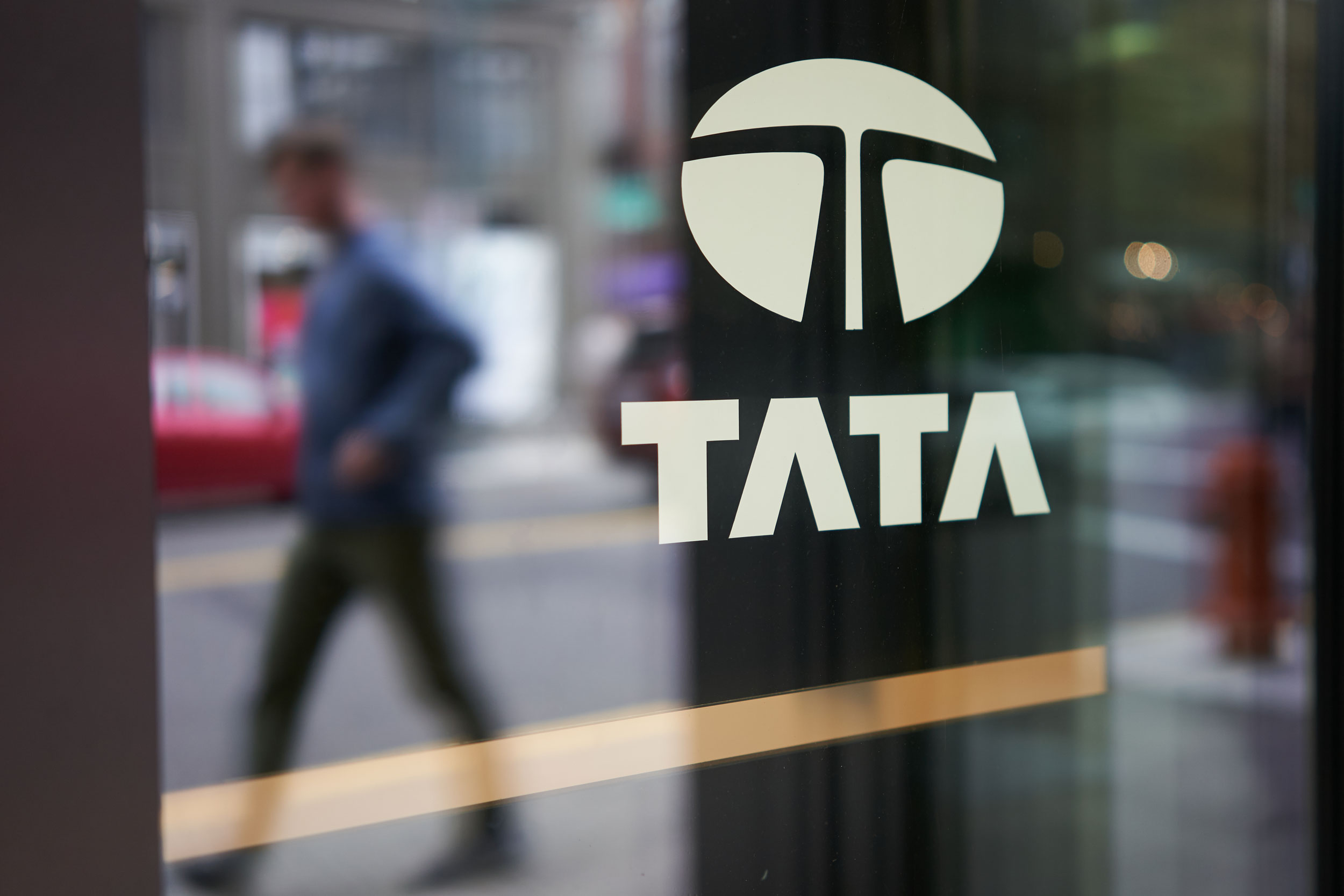The Narendra Modi government has waded into the corporate battle between Ratan Tata and Cyrus Mistry over accusations of poor corporate governance at Tata Sons.
On Monday, the Registrar of Companies, Mumbai, filed a petition before the National Company Law Appellate Tribunal (NCLAT) seeking its impleadment in the case and a modification of last week’s verdict that declared the conversion of Tata Sons into a private company as illegal.
The RoC, which comes under the ministry of corporate affairs, has also asked the tribunal to remove the ‘‘aspersions’ cast against it for fast tracking its approval of Tata Sons’ application for a change in its status.
The tribunal’s verdict had said the RoC sidestepped a clearly enunciated procedure under the Companies Act 2013 that required it to seek the approval of the company law tribunal before altering the status of the company.
The NCLAT has listed the matter for hearing on January 2.
In its petition, the RoC had asked “to carry out the requisite amendment in paragraphs…. of the judgment dated December 18, 2019 to correctly reflect the conduct of RoC Mumbai as not being illegal and being as per the provisions of the Companies Act along with the rules”.
It has also asked the NCLAT to “delete the aspersion made regarding any hurried help accorded by RoC Mumbai to Tata Sons except what was statutorily required by RoC Mumbai”.
The RoC also said it has acted in a “bonafide manner” in converting the status of Tata Sons as “there was no stay granted by this appellate tribunal on the operation of the judgment dated July 9, 2018 of Mumbai, NCLT at the time when this intimation was filed by Tata Sons Ltd”.
Reports suggested that the Mistry camp has contested the RoC’s move to seek its impleadment in the case.
Earlier, the ministry officials had said the RoC had changed it in its records after the conversion of Tata Sons from “public” to “private” was approved by the NCLT. “Since it was based on the order of the NCLT, how can it be termed illegal. But, we have to come up with a legally sound ground for challenging the NCLAT order,” the officials said.
Passing an order on December 18, the NCLAT had directed the reinstatement of ousted Cyrus Mistry as the chairman of Tata Sons. In that order, the appellate tribunal had also quashed the conversion of Tata Sons — the principal holding company and promoter of Tata group companies — into a “private” company from “public” and had termed it as “illegal”.
The appellate tribunal said the action taken by the RoC to allow Tata Sons to become a private company went against the provisions of the Companies Act, 2013 and was “prejudicial” and “oppressive” to the minority member (Mistry Camp). “The Company (Tata Sons) shall be recorded as ‘Public Company’. The RoC will make correction in its record showing the Company as ‘Public Company’,” the appellate body said.
Months after Mistry was sacked, Tata Sons had received shareholders approval in September 2017 to convert itself into a private limited company from a public limited company, thereby allowing it to pass crucial decisions with just board approval, absolving it of the need to take shareholder consent.
Tata Sons Ltd was initially a “Private Company” but after the insertion of Section 43A (1A) in the Companies Act, 1956 on the basis of average annual turnover, it assumed the character of a deemed “Public Company” with effect from February 1, 1975, the order said.
The Mistry family, which holds an 18 per cent equity stake in Tata Sons, had contested the move to turn Tata Sons into a private company, but the resolution was still passed since it needed 75 per cent of the voting rights.
A private limited company limits the financial liability of the shares to the extent of its share capital and caps the number of shareholders to 50.











